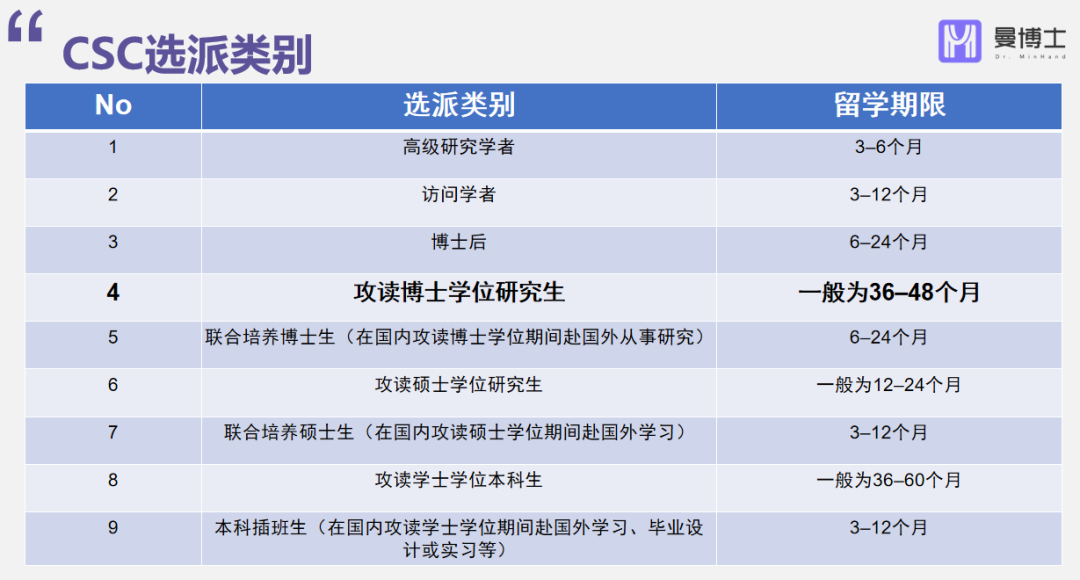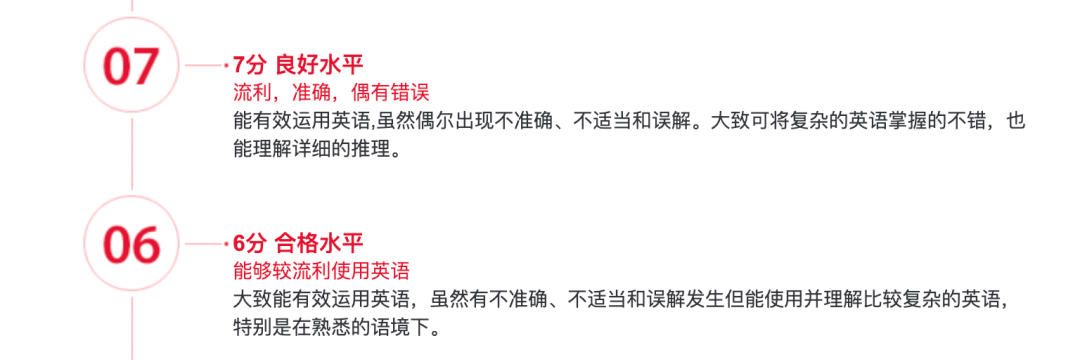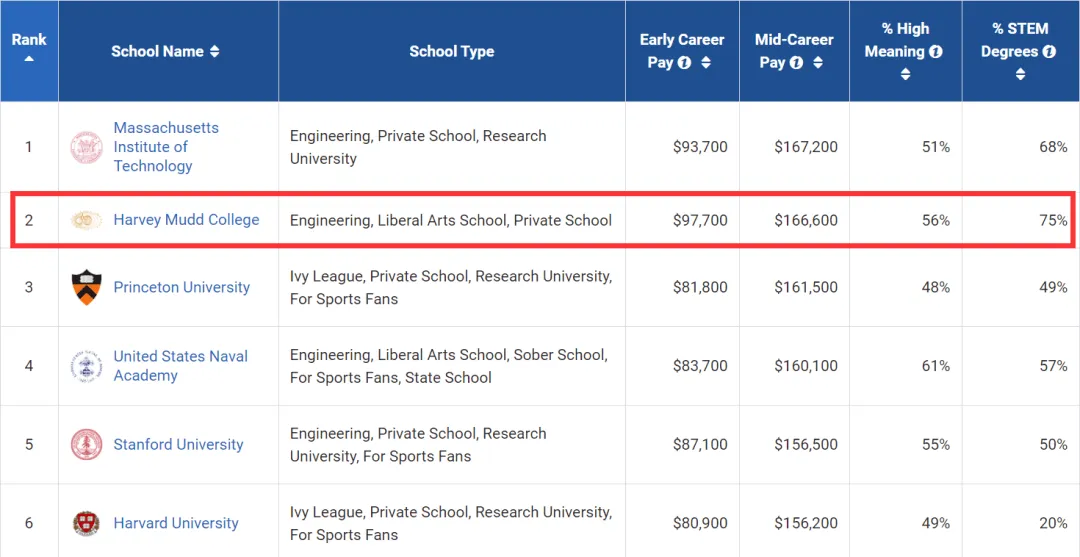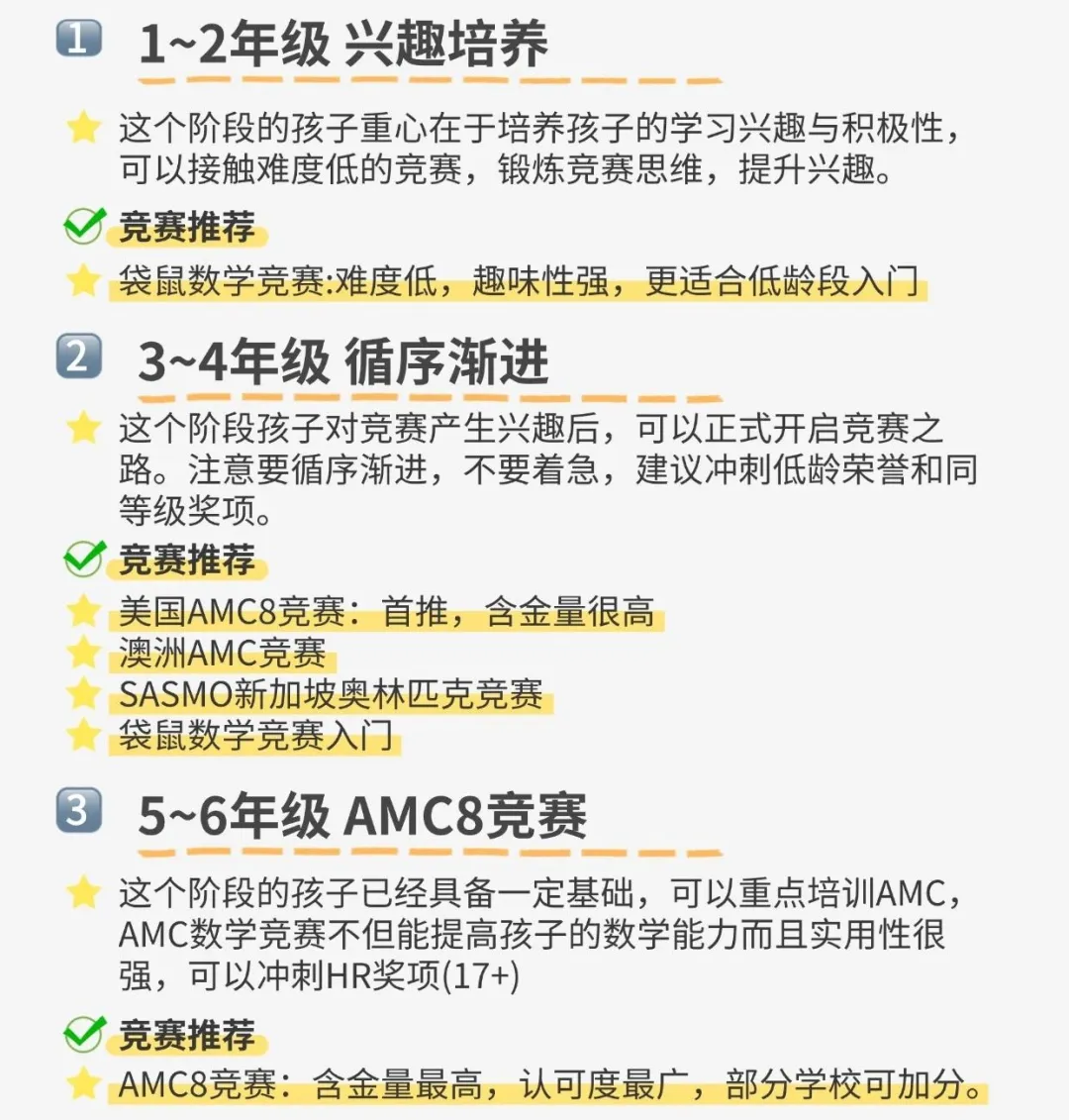本期为大家推荐谢菲尔德大学,新南威尔士大学2023最新奖学金介绍。
01、谢菲尔德大学
Funded PhD studentship in Semiconductor Devices (high-performance infrared sensor)
University of Sheffield | Department of Electronic & Electrical Engineering
博导:Prof J Shien Ng
截止日期:全年可申
资助的博士项目(全球学生)
项目描述:About the Project
Would you like to develop novel semiconductor infrared sensors for real-world applications, while working closely with leading academic and industrial experts?
We have a funded PhD studentship with Phlux Technology Ltd, a fast-growing semiconductor start-up based in Sheffield. Working as a team, we aim to develop high-performance semiconductor infrared sensors for high-speed optical communication systems, which are the part of critical infrastructures of all modern societies.
The PhD student will gain a range of valuable skills for semiconductor research (e.g. wafer design, device fabrication and measurements), as well as developing skills in communication and collaborative working within a high-performance team. There will be frequent interactions with the Phlux engineers throughout the studentship.
Team: Our research team is led by two academics, Prof Jo Shien Ng and Prof Chee Hing Tan, who are both experienced PhD supervisors and semiconductor researchers. We are based in The University of Sheffield, Faculty of Engineering, Department of Electronic & Electrical Engineering.
Our Faculty is one of the largest providers of engineering research and education in the UK, with over 6,700 students and over £150M research income per year. In the recent UK Research Excellence Framework (REF 2021), our Faculty came top nationally for quality of research environment and 8th for quality of research. 96% of our research was rated as world leading or internationally excellent.
Our Department is a vibrant community including 52 academic staff, > 60 research staff, > 200 PhD students and > 500 undergraduate and postgraduate taught students. Our research team is part of a larger Semiconductor Materials and Devices research group with research expertise in semiconductor epitaxy and photonic devices.
Requirements: The studentship is best suited to candidates with interest and background in semiconductors or electronic engineering. Applicants should have a strong undergraduate or MSc degree in a relevant discipline (e.g. Electronic Engineering and Physics).
Contact details: Please send initial enquiry (CV with degree transcripts) to Prof Jo Shien Ng (j.s.ng@sheffield.ac.uk).
02、新南威尔士大学
Theory of living systems
UNSW Sydney | School of Physics
博导:Dr Richard Morris
截止日期:2023年10月2日 周四
资助的博士项目(全球学生)
项目描述:About the Project
Project
The physics of living systems is an important research frontier in modern science, asking questions such as: can wound healing be described in a similar way to fluid flows? Can the physics of oil-water interfaces describe how HIV can access a cell’s DNA? Can statistical field theory tell us how molecular complexes function despite their constituents being continually removed and replaced?
The answer to each of these questions is, perhaps surprisingly, “yes”. These are examples of how science is slowly advancing towards a long-term goal: for biology and medical science to work hand-in-glove with theory and computation in a manner similar to present day engineering. They are also examples of our work in the Theory of Biological Systems (ThoBS) group.
Group
Based at UNSW, Sydney (one of the top 50 universities, globally) and led by Dr Richard G. Morris, ThoBS is part of the prestigious EMBL Australia network, the leading research program for biological and medical research in Australia. We are also part of the Australian Research Council’s center of excellence for Mathematical Analysis of Cellular Systems (MACSYS).
We both apply and develop the latest concepts from theoretical physics and applied mathematics to understand the behavior of living matter– from molecules and cells to tissues and organisms. We use analytical and computational techniques alongside experimental partners working at the cutting edge of modern biology.
About you
We are seeking talented and creative students to undertake a PhD to expand their knowledge and learn how to employ their skills to advance a critical area of science? You will have a theoretical physics, applied mathematics or computer science background (4-year BSc or equivalent degree). We value thinking outside the box and finding a common language to communicate across disciplines.
Benefits
- Working at the frontier of classical-scale theoretical physics: living matter.
- Access to high profile experimental biologists using the latest cutting-edge equipment.
- Scholarships covering tuition fees and living allowance.
- Travel to attend conferences and to visit our international collaborators.
- Fun and collegial work culture, with ongoing training and developmental workshops.
- We embrace equity, diversity, and inclusion.
How to apply
To apply, please send a cover letter detailing your research experience and what attracted you to this project, your academic transcript and CV, and contact details for two referees to r.g.morris@unsw.edu.au .
More details
Web: www.rgmorris.com / www.emblaustralia.org / https://sms.unsw.edu.au /
Funding Notes
Living allowance of $29,863 per annum (2023 RTP rate) for 3 years with possible 6-month extension.











